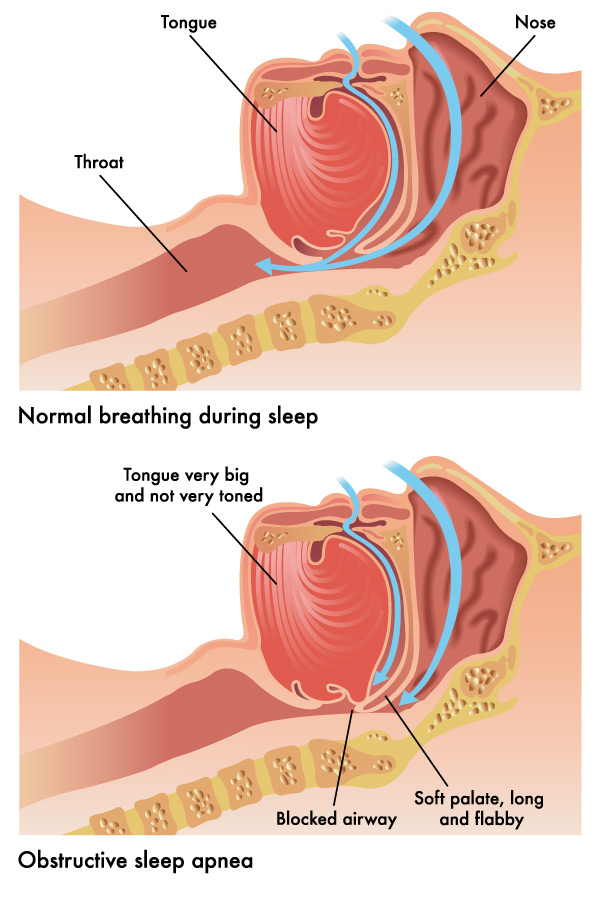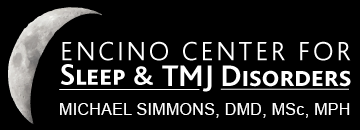
Recognizing Sleep Apnea in Encino & San Fernando Valley
Sleep apnea – defined as frequently interrupted breathing while you sleep – is just one of the major sleep problems you can have, along with others like insomnia, circadian rhythm problems, movement disorders during sleep and others. But apnea is one of the most common complaints, and one of the most serious.
So how do you know if you have apnea?
Here are a few clues:
- Do you snore frequently, and loudly enough that it can be heard in another room?
- Do you have a child who snores?
- Are you pregnant and you snore?
- Do you wake up gasping for air?
- Are you sleepy during the day?
Gasping for air when you wake is a particularly serious clue. That means you’re actually waking up to breathe, and that interruption in your sleep cycle is probably happening over and over again during the night.
Sleepiness, on the other hand, can be deceptive. First, it is important to be honest about how much you’re sleeping each night. Everyone gets tired, and sometimes you simply didn’t get enough sleep on a particular night and you’re feeling the effects. In that case, getting sleepy in the afternoon is absolutely normal. But if you’re consistently getting around 7 hours of consolidated sleep and you’re still exhausted throughout the day, something else may be going on. Unfortunately, even people with severe sleep apnea are often so busy, so engaged in their daytime activities, that they don’t report being sleepy at all. They don’t notice it, or they’re used to it and think it is normal to feel this way. But that doesn’t mean they don’t have a serious problem.
Is any snoring benign?
It can be. The problem is, we don’t know exactly what “benign snoring” is. Certainly if you only snore when you sleep after drinking alcohol, or after taking muscle relaxers, or when you’re exhausted from stress or an especially long day, that’s not as problematic. But if you’re snoring habitually, and loudly enough that someone in another room can hear you, that’s a problem.
It isn’t about a single symptom or one bad weekend. It’s about an ongoing pattern of sleep disturbance, and a cluster of indication. Certainly loud snoring or lapses in breathing are a strong clue, but you’re allowed to stop breathing every once in a while as part of normal sleep. You can have apnea events up to 5 times an hour and still be considered normal. But if it’s more frequent or more severe than that – if it’s consistently bothering you – it’s time to visit our offices for a full assessment.
There are many alternatives available, and a lot of good reasons to deal with disturbed breathing during sleep as soon as you notice it’s there.

